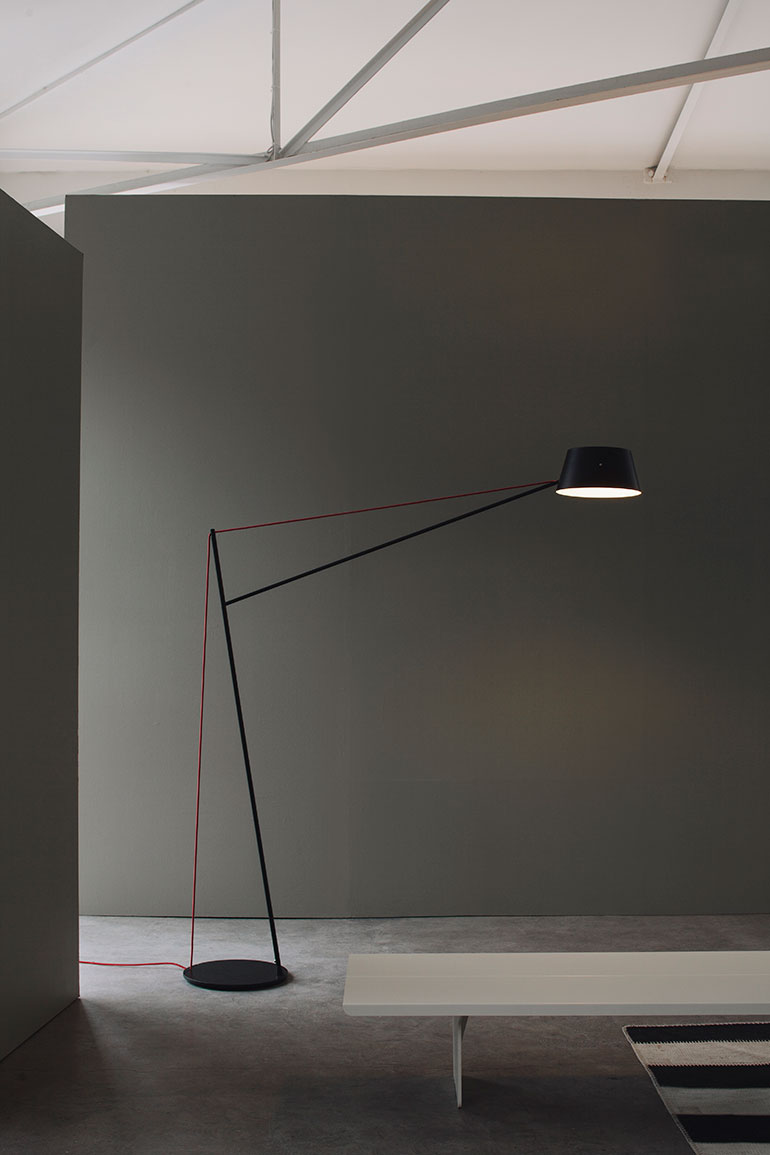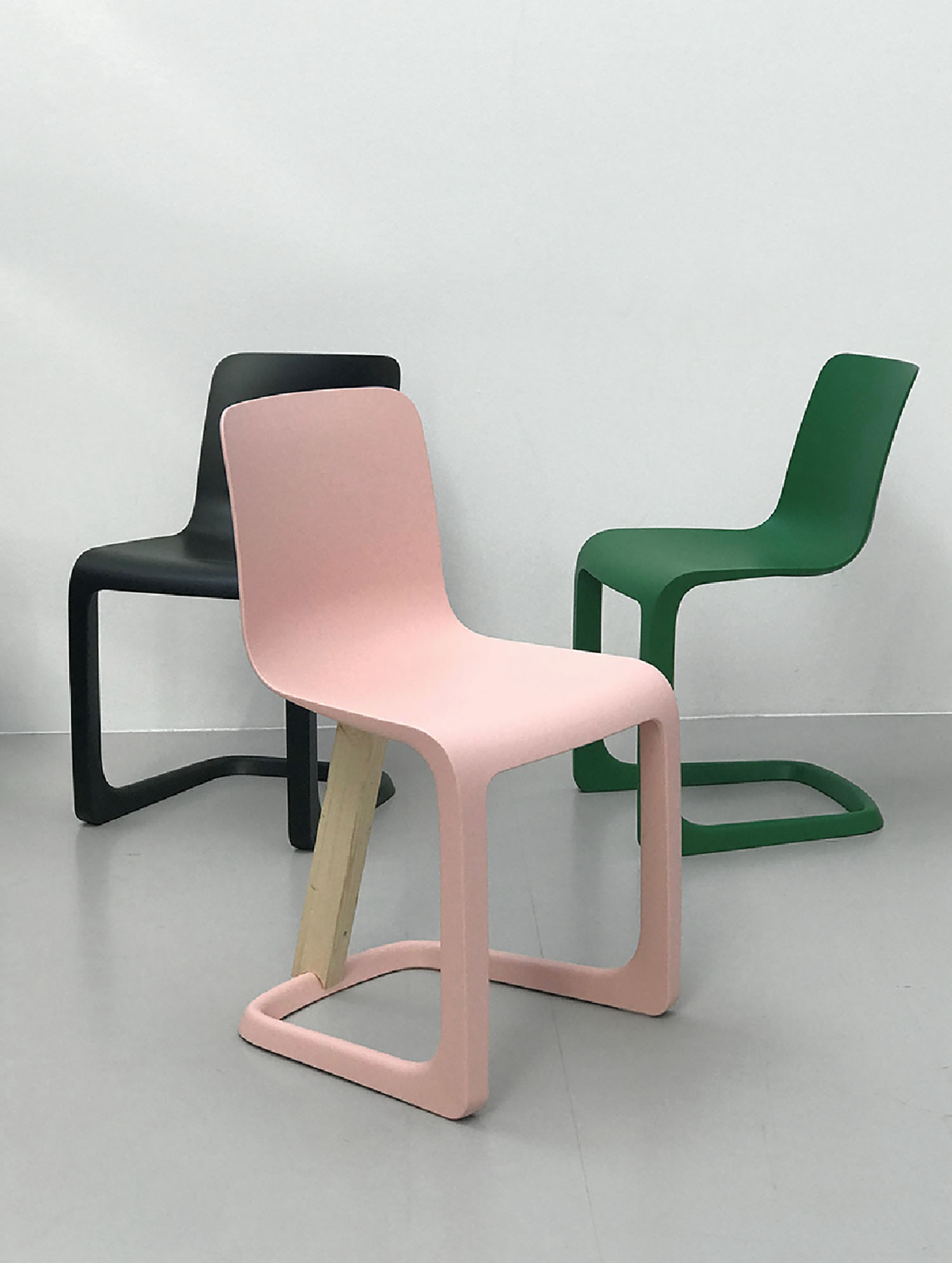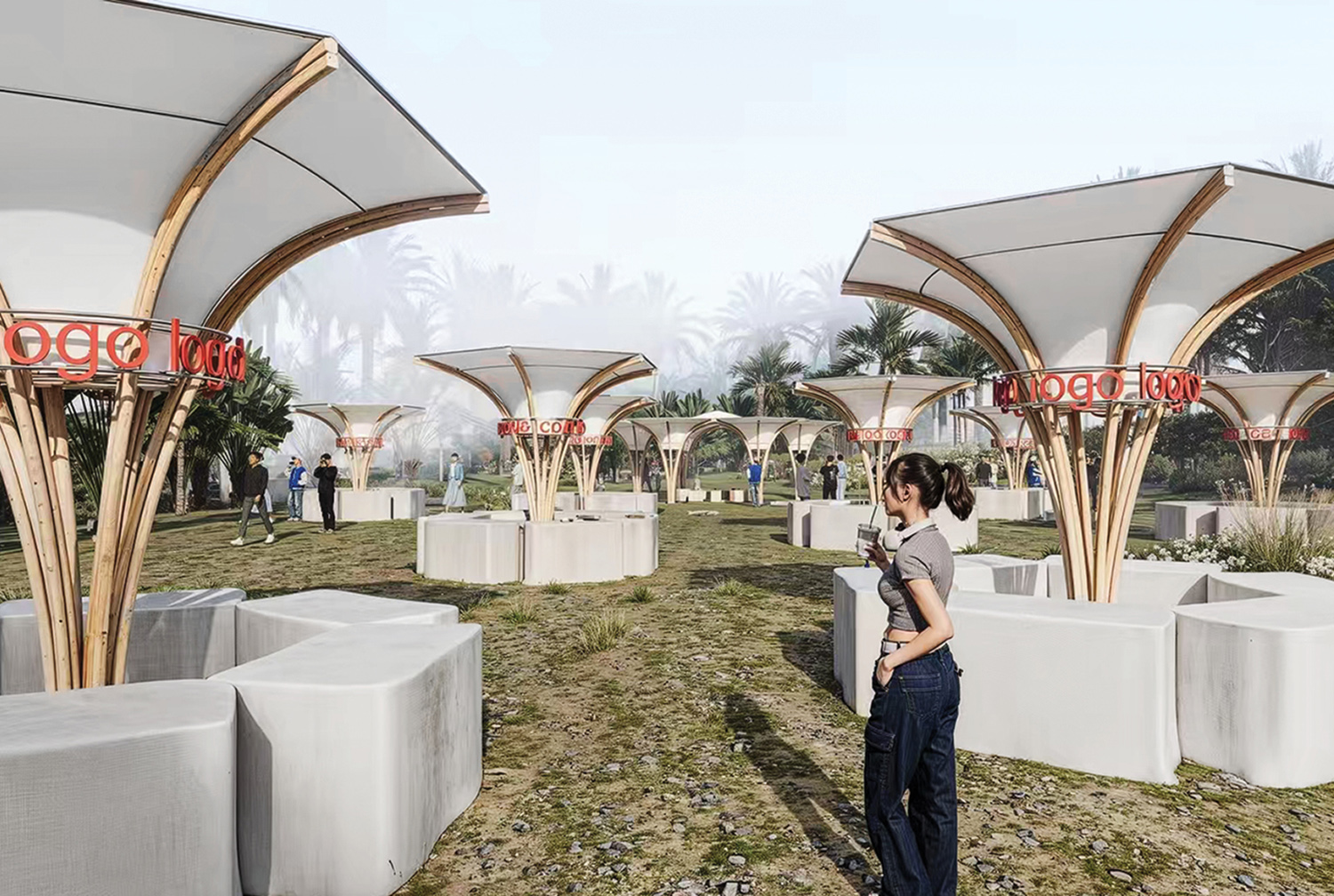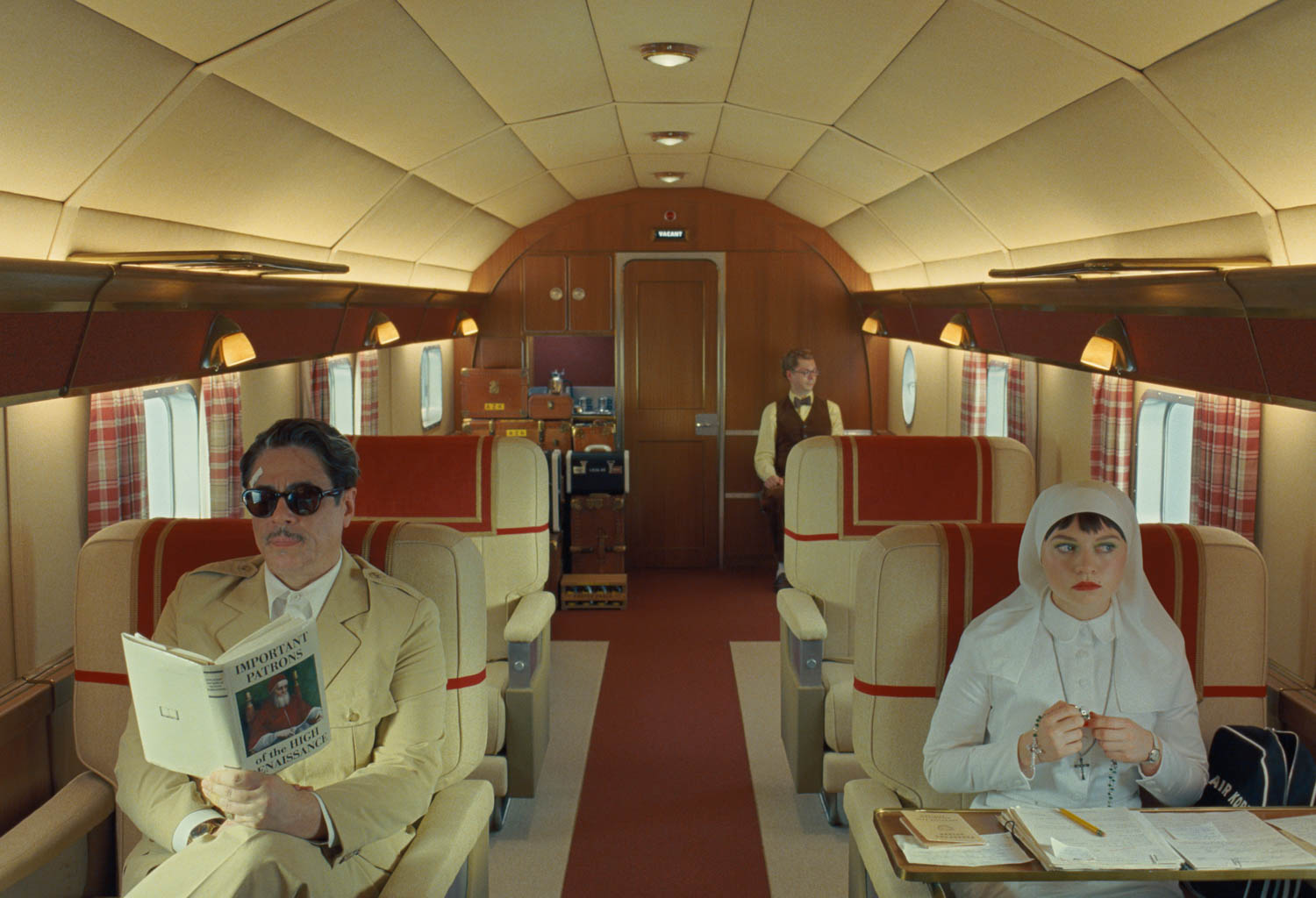10 Questions With… Simon James and Philippe Malouin
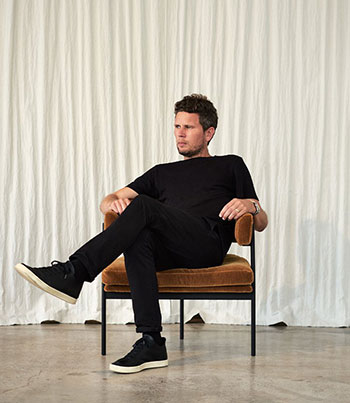
In his home country, New Zealander Simon James has long been known for the clean-lined and uncomplicated residential and contract furniture he crafts for his eponymous brand, Simon James Design. The focus of that company, however, is essentially local. That’s where Resident comes in. The export-based furniture and lighting brand James co-founded seven years ago with fellow Kiwi Scott Bridges was always intended to go global. And so it has, with product picked up by Design Within Reach and a pop-up showroom designed by Rufus Knight open now in New York.
At Resident, James assembles a collective of like-minded creative collaborators, including but not limited to Jamie McLellan (the Kiwi behind the zeitgeist-y Allbirds sneakers), architect Nat Cheshire, and British-Canadian design superstar Philippe Malouin, whose brand collaborations aside from Resident include such mega-brands as the Ace Hotel, Caesarstone, and Swarovski. Malouin and James join us for a chat about dream commissions, design pet peeves, and more.
ID: Tell us a bit about Resident and your new pop-up showroom in New York.
Simon James: Resident was established by Scott Bridgens and myself seven years ago with the mission of being a globally focused furniture and lighting company based in New Zealand. We think a lot about how to make great product that will ship well overseas: a lot of our product can pack flat and is made of more robust materials.
“Traveling Without Bags” is our first experiential retail destination in New York. The 3,000-square-foot space, open through May 31 at 39 Spring Street, is the launch platform for our 2018 collection and a place to showcase our full range of products for the first time in the U.S.

ID: Is there a “New Zealand” design aesthetic, do you think?
SJ: New Zealand is a very young country, so we are not bound by any historical design paths. This gives us the freedom to take things in whatever direction we choose.
In saying that, we lean towards a natural palette, with the use of texture, and aren’t afraid to sit with darker hues. We tend not to over-design items and are as drawn to function as the overall aesthetic. We feel this can separate us from our European contemporaries.
ID: Where did you grow up, Philippe, and how did it influence your work?
 Philippe Malouin: I grew up in a small town just outside of Montreal. My house was quite far from my school, so I didn’t get to see my friends as much as I would have liked. So, I was always making things, from skateboard ramps to objects. We had a workshop in the basement of the house and I would be there most of the time.
Philippe Malouin: I grew up in a small town just outside of Montreal. My house was quite far from my school, so I didn’t get to see my friends as much as I would have liked. So, I was always making things, from skateboard ramps to objects. We had a workshop in the basement of the house and I would be there most of the time.
ID: Which person, place, or thing—inside the industry or out—inspires you?
PM: Jasper Morrison, because most things he designs stick around—they don’t seem to age. His graduation project at the Royal College of Art—a plywood chair—is still as relevant today as it was in 1988. The same cannot be said about most designers.
ID: And you, Simon?
SJ: I find travel very inspiring. It’s as much about getting out of routine as it is about clearing the head. Conceiving ideas from behind a desk is too restrictive. I always have pencil and paper not far from reach and find this gives me complete freedom to develop ideas.

ID: Latest design obsession or pet peeve?
SJ: I’m in the middle of a renovation at home, and a small bathroom has been proving a hard room to finalize. Perhaps because I don’t have the fallback of having furniture or lighting dominate the space.
ID: Most admired historic interior or building?
PM: The Charles and Ray Eames House in Pacific Palisades, Los Angeles.

ID: Dream commission?
PM: An office chair for Vitra would definitely be a dream commission.
ID: Tell us about your tables for Resident, Philippe.
PM: The offset side and coffee tables are an exercise in random pattern generation. The legs of both products have an offset threaded insert. This means that the leg will never sit in the same place. The result is a table with legs that appear to be randomly applied to the table top. Some leg tops are visible, and clearly outside the diameter of the tabletop, and some are just hidden underneath. It is a good balance of minimal and massive components and playfulness.
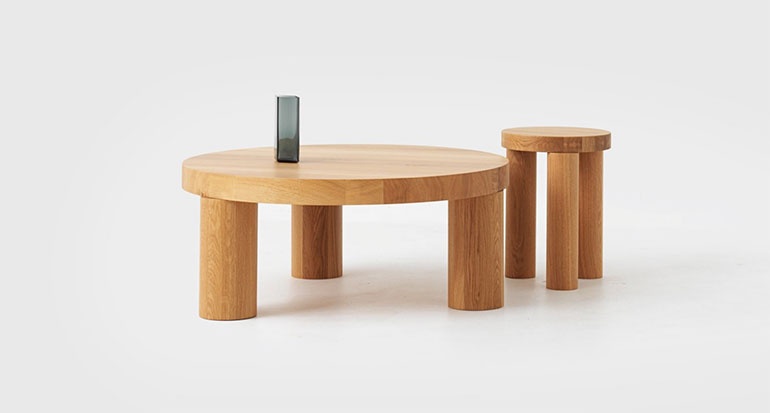
ID: Do you have a favorite item from the Resident range?
SJ: I’m still very proud of the first product we put into production, which was the Spar floor light by Jamie McLellan. It spoke a Resident language which I believe we have stayed true to since day one.
